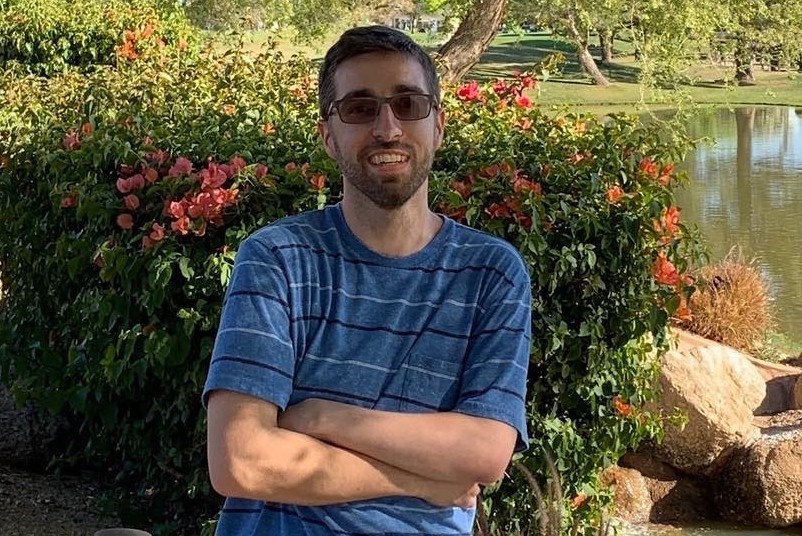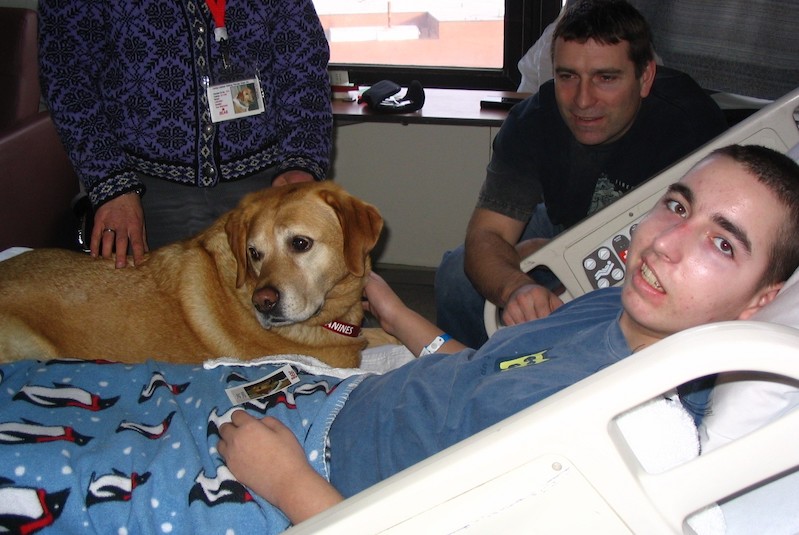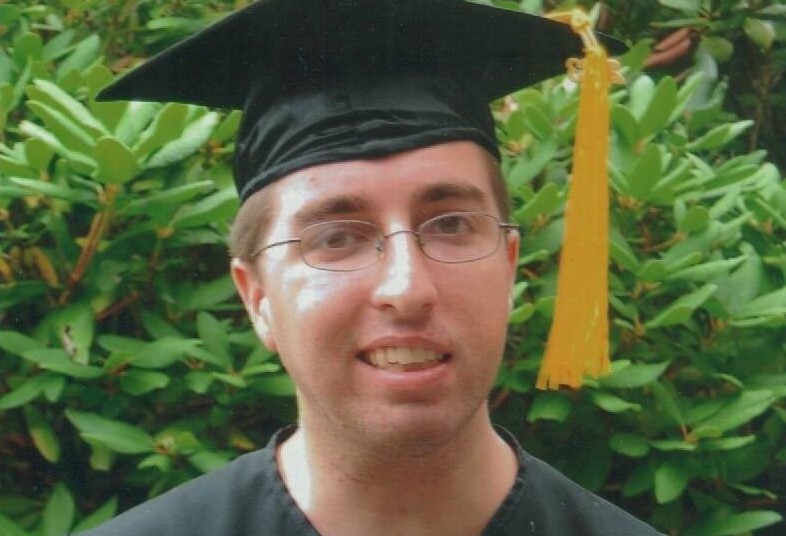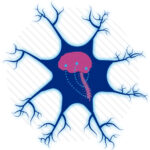Jason: My remarkable journey

Most people associate the city of Boston with the Red Sox or the Patriots. I, however, cannot help but associate it with brain surgery.
I had my first seizure in the summer of 2006, when I was 14 years old and at camp in Connecticut. Gradually, the seizures increased in intensity and frequency. My parents took me to a local hospital and eventually, I was given a life-changing diagnosis: Rasmussen’s encephalitis, an inflammatory disease that can affect one half of the brain.
The diagnosis took some time because Rasmussen’s encephalitis is so rare. It didn’t help that it’s mostly seen in babies rather than teenage boys. The only way to stop the incessant seizures was for me to undergo a functional hemispherectomy, removing part of one half of my brain and disconnecting the rest from the other half. I was told that I may never walk or use my left hand again. Given these odds, I was scared to opt for surgery, but there really was no other choice.

After Dr. Joseph Madsen performed the hemispherectomy, I was unable to walk. However, after spending some time in rehabilitation, I was able to walk short distances with a quad cane. I eventually learned how to walk on my own, but I also needed to work through becoming a better student. I struggled with math and reading. My left-sided hemianopsia, a defect in my visual field, made it particularly difficult to read a sentence starting at the beginning. By utilizing different strategies to help my reading, I discovered my love for it — and actually began reading for fun.

In 2013, I walked into the Community College of Rhode Island. There, I was able to get A’s in most of my classes. I graduated with highest honors in 2017 and have transferred to Arizona State University, where I plan to get my Bachelor’s degree in English. Overall, my hemispherectomy has made things more challenging, but it forced me to adapt my way of thinking. Instead of giving up because I shouldn’t be able to do something, I took on the mindset that I could do anything — I simply had to work harder and find a way to fulfill goals that worked for me.
Learn more about the Department of Neurosurgery.
Related Posts :
-

It takes a village and the world: Tariq’s care for Tourette syndrome
When your child is sick but you can’t figure out the cause or how to fix it, it can ...
-

Infantile spasms: Speeding referrals for all infants
Infantile epileptic spasms syndrome (IESS), often called infantile spasms, is the most common form of epilepsy seen during infancy. Prompt ...
-

New leads for spinal cord injury: Mapping spinal-projecting neurons in the brain
Only a fraction of people who sustain a spinal cord injury fully regain their motor function. While rehabilitation can help, ...
-

Care for a prince: One family’s inspiring journey for encephalocele repair
To hear Peter and Eunice of Kenya tell the story of their son, Prince, is to hear about the power ...





